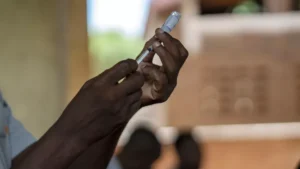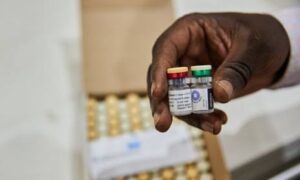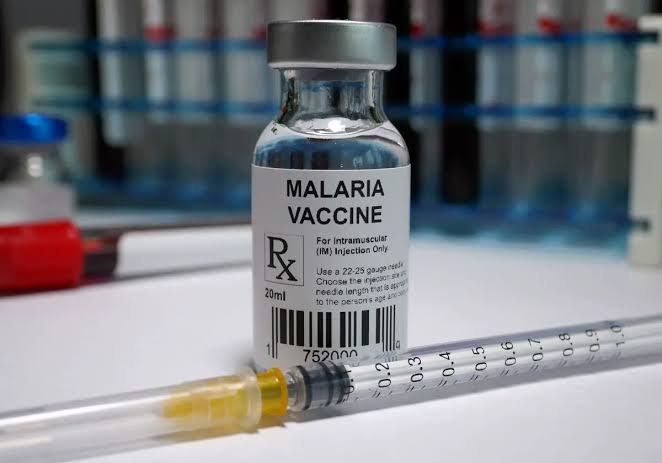On February 5th, Burkina Faso marked a significant milestone by becoming the second African country to integrate the malaria vaccine into its routine immunization schedule. The introduction of the RTS,S malaria vaccine across 27 health districts signals a pivotal moment in the nation’s ongoing battle against the deadly disease.
Endorsed by the World Health Organization two years ago, the RTS,S malaria vaccine offers a promising tool in the fight against malaria. While acknowledging its imperfections, health experts emphasize its potential to substantially reduce severe infections and hospitalizations.

Malaria remains a formidable health challenge in Burkina Faso, one of the worst-hit regions globally. In 2021 alone, the country recorded nearly 12.5 million cases of malaria, with an incidence rate of 569 cases per 1,000 population.
Official reports documented 4,355 deaths due to the parasitic infection, although estimates from the World Health Organization suggest a much higher toll, reaching as high as 18,976 deaths.
 Also, read; Senegal Imposes Internet Blackout Amidst Election Postponement Protests
Also, read; Senegal Imposes Internet Blackout Amidst Election Postponement Protests
The commencement of Burkina Faso’s malaria vaccine program follows in the footsteps of Cameroon, which initiated the world’s first malaria vaccine program for children on January 22nd.
With support from the Gavi vaccine alliance, Burkina Faso aims to reach approximately 250,000 children aged 5–23 months in the initial phase of the vaccine rollout.
 This targeted effort spans across 27 health districts out of a total of 70, reflecting the nation’s commitment to expanding access to life-saving vaccines and improving public health outcomes.
This targeted effort spans across 27 health districts out of a total of 70, reflecting the nation’s commitment to expanding access to life-saving vaccines and improving public health outcomes.
As Burkina Faso takes proactive steps to combat malaria, the integration of the RTS,S vaccine into routine immunization schedules represents a significant stride towards achieving malaria elimination goals.
With concerted efforts and strategic interventions, the nation is poised to make meaningful progress in reducing the burden of malaria and safeguarding the health of its population.

